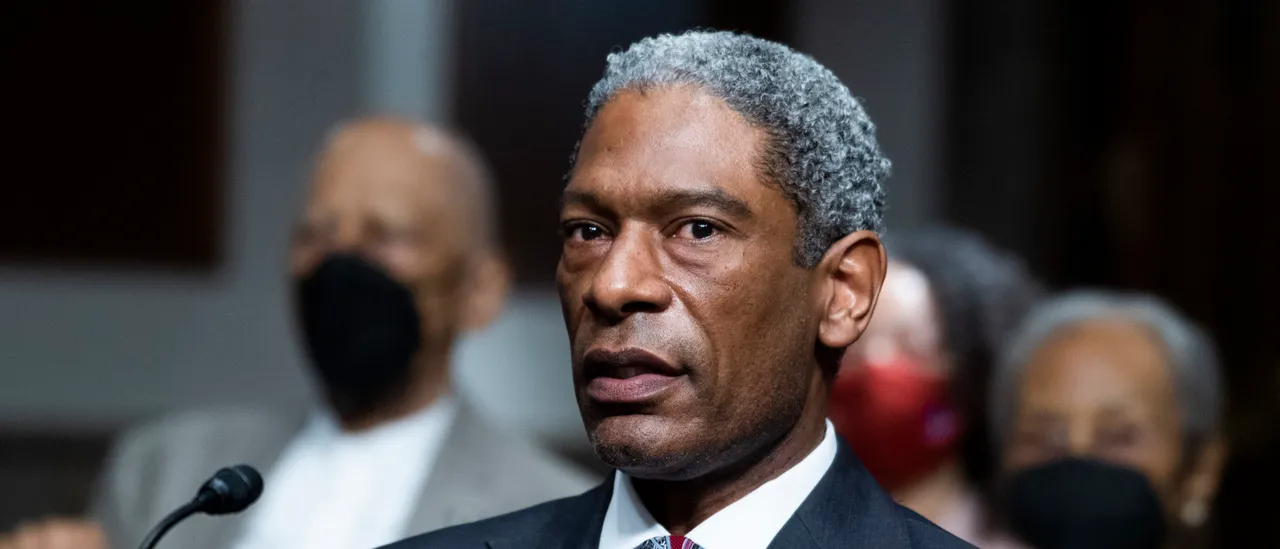Allegations have emerged against U.S. District Court Judge Julien Neals for purportedly fabricating quotes in a legal opinion. The controversy centers around an opinion issued on June 30, 2025, which attorney Andrew Lichtman criticized for containing significant errors, including misattributed quotes and incorrect case outcomes. Lichtman, who represented defendants in a civil suit before Neals, raised concerns in a letter to the judge, highlighting instances where the outcomes of cited cases were misstated.
In his letter, Lichtman pointed out three specific cases where motions to dismiss were incorrectly reported as denied, rather than granted. He also identified numerous inaccuracies in quotes attributed to decisions that do not actually contain those remarks. One notable example cited was a statement linked to the case City of Warwick Retirement System v. Catalent, Inc., which Neals claimed to quote but that does not appear in the referenced document.
Following Lichtman’s correspondence, Neals withdrew his opinion. According to Bloomberg News, a notice on the court’s docket stated, “That opinion and order were entered in error. A subsequent opinion and order will follow.”
Speculation regarding the source of these errors has emerged, with some suggesting that the use of artificial intelligence (AI) may have played a role. Legal scholars, including constitutional law professor Josh Blackman, have expressed concerns that similar issues could be widespread among judges across the country. Blackman noted, “Savvy litigators should start combing through all adverse orders to determine if there are obvious indicia of hallucinations,” indicating that these inaccuracies could provide grounds for appeal.
While Neals was initially nominated to the district court by former President Barack Obama in February 2015, he was later renominated by President Joe Biden in March 2021. This nomination was part of Biden’s broader initiative to diversify the federal judiciary. The White House emphasized the importance of representation, stating that the nominees reflect “the broad diversity of background, experience, and perspective that makes our nation strong.”
Despite the intentions behind these nominations, the current allegations against Neals represent a significant challenge to the credibility of his judicial record. Questions arise not only about his oversight of the legal opinions issued under his name but also about the broader implications of relying on technology in the legal field.
Blackman further suggested that a thorough analysis of Neals’ opinions and those of other judges might reveal patterns of misconduct. He raised concerns about whether judges adequately review their law clerks’ work, particularly when it comes to verifying citations and the accuracy of quoted material.
This incident has sparked a dialogue about the reliability of judicial opinions and the standards of review that judges uphold. As the legal community awaits further clarification from Neals, the ramifications of this case could extend beyond the individual judge, prompting broader scrutiny of judicial practices in the digital age.
The scrutiny of Neals’ performance may also affect perceptions regarding the Biden administration’s commitment to diversity within the judiciary—a subject that has garnered both support and criticism. The administration’s emphasis on diversity and representation has often been accompanied by concerns over the qualifications and capabilities of its judicial nominees.
As the situation develops, the legal community and the public alike will be watching closely to see how Neals addresses these allegations and what corrective measures may be implemented to ensure the integrity of judicial opinions in the future.
